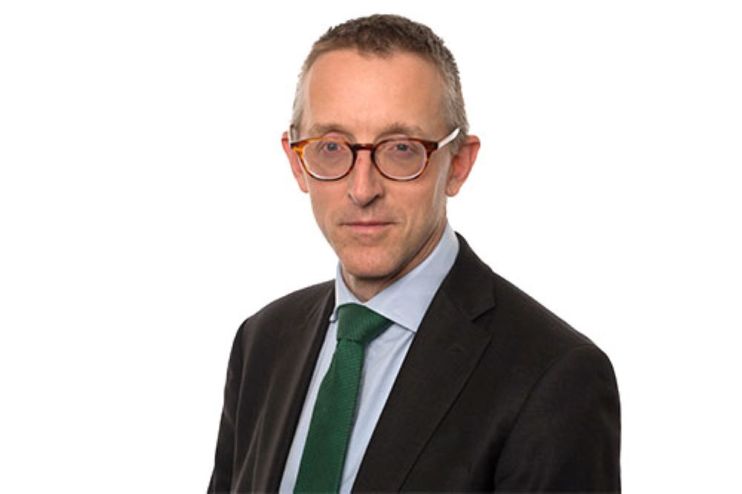Westminster under water: Bank regulator suggests stress tests for sudden and extreme climate events

The head of the UK’s banking regulator has suggested testing the country’s financial system to see if it could withstand extreme and sudden climate events, such as Westminster ending up under water.
Sam Woods, who leads the Prudential Regulation Authority (PRA), said such tests might be needed as banks and insurers have only been tested against the gradual impacts of climate change over a number of years.
“The one thing that we are going to need to test is what would happen if we had a very large climate event in the UK, or possibly another major financial jurisdiction,” he told The Observer.
Woods said: “Imagine Westminster under water – a really extreme thing that made policy shift in a very dramatic way.
“I know there’s terrible climate events happening around the world all the time, but I’m talking about one that will lead to a dramatic change in policy from government, and governments … [have a] very sudden effect in financial markets. We haven’t tested that.”
The PRA has yet to confirm whether it will repeat its inaugural climate stress tests carried out last year.
The last test found that UK banks and insurers will end up shouldering nearly £340bn worth of losses by 2050, unless action is taken to stop temperatures and sea levels rising.
Elsewhere, Woods said he was broadly confident in the stability of the UK’s financial system as it stands.
Despite a jump in mortgage arrears in light of rising interest rates, he told the paper he remains calm.
“Probably the most important thing the PRA has done in its 10 years is rebuild the strength of the banking system” and the amount of capital in it, Woods said. “The amount we’ve got in there is designed to be enough to withstand a very large shock, which we’re nowhere near seeing.”
However, he did flag two areas for concern: the commercial property market, where demand is declining, and the downturn in China’s property market.
“But if experience tells me one thing, it’s that the things you name are probably not the ones that blow,” he said.
